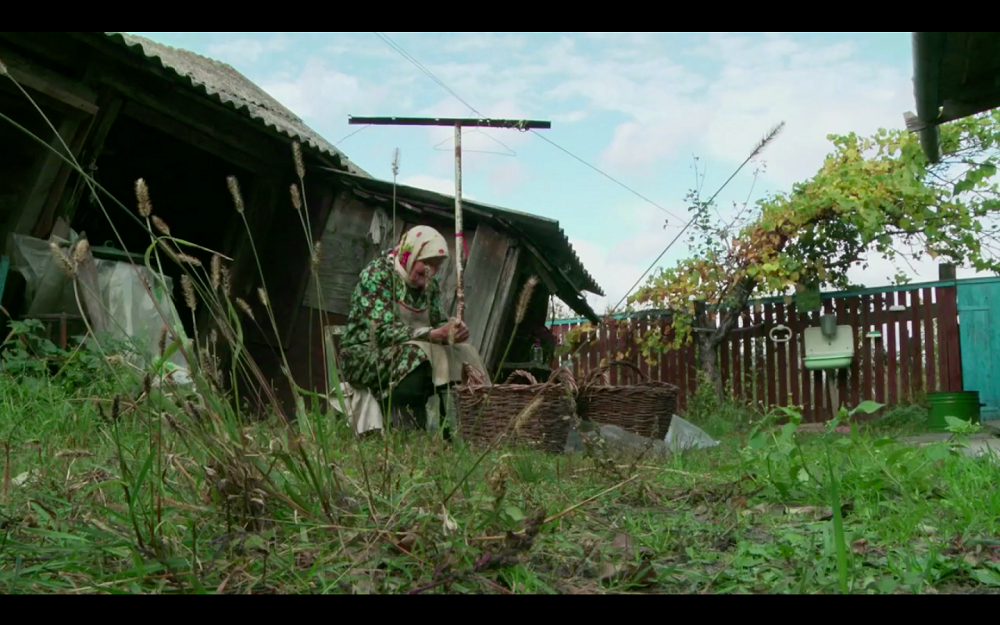
Seeds, fields, films and ecology. How can we improve rural areas with the help of technology? Smart agriculture takes centre stage at the outdoor ecological film festival Film Seed Festival in Tinos.
15-17 October in Tinos: the first Film Seed Festival, an experimental, outdoor film festival, powered by the cultivation of the host field, plants the first “seeds”. Can small-scale agricultural practice benefit from the use of new technologies, circular economy tactics and methods of cultural activation of the land? By repairing the present, we create the future. As part of the S+T+ARTS programme, an initiative of the European Commission, the Stegitogether with the Hypercomf art group explore the field of smart agriculture and answer how we can, through the use of technology, improve rural areas and make them models of sustainability and prosperity.
Preparations for the festival actually started in spring 2022 with preparations for growing Arachis Hypogea peanuts in a one-acre field in Tinos. The process of growing the crop was supported by “smart” agricultural technology for optimal water management – a rare and precious resource of the island. Converted into biodiesel, half of the peanut harvest is used to generate electricity for the festival. The other half is cooked to provide nutritious snacks for the public.
Can we create new, unmediated relationships with the places where the goods are grown, along with the farming communities that produce them? The expertise of the original film festival is available to any farmer who would like to hold such a festival in their field, as the Film Seed Festival wishes to provide an example for small rural communities to create their own strategies for cultural, ecological and economic resilience. The films in the festival reflect the personal stories of people from small rural communities and their challenges – whether they are facing the absurdity of the mass rural economy (Șerban Georgescu’s Cabbages, Potatoes and Other Demons, Romania), or inventing new “patents” to make their products more sustainable (Snails by Grzegorz Szczepaniak, Poland), or reclaiming their land in post-apocalyptic conditions (The Babushkas of Chernobyl by Holly Morris and Anne Bogart, USA). Celebrating the resilience of nature and small rural communities (When Wagner Met the Tomatoes by Marianna Economou, Greece), the screenings of these narrative documentaries take place in the same field where the peanuts were grown: a small field located among the Livadi area, near the village of Komi in Tinos.
Every day during the three-day festival from 17:30 in the afternoon, the public can discuss the project with Hypercomf, taste peanut snacks and watch the screenings.
The Film Seed Festival was developed during the S+T+ARTS artistic residency commissioned by the Onassis Cultural Center and developed in collaboration with Agenso, an innovative company for agriculture and the environment, and the ACT4ENERGY technoblast of the Democritus University of Thrace.
CONTACTS
Conception/Curation of the festival: Hypercomf
Production Coordination: Eleni Michaelides
Commissioned by: Onassis Cultural Centre of the Onassis Foundation
Information
Film Seed Festival by Hypercomf
Saturday 15 – Monday 17 October 2022
Komi (Livadi area), Tinos
Arrival 17.30, screenings start at 18.30
Free entrance
Screenings Programme
Saturday 15/10
Cabbages, Potatoes and Other Demons (Romania 2016, 60′) by Șerban Georgescu
Snails (Poland 2015, 30′) by Grzegorz Szczepaniak
Sunday 16/10
The Babushkes of Chernobyl (USA 2015, 70′) by Holly Morris and Anne Bogart
Monday 17/10
When Wagner Met the Tomatoes (Greece 2019, 73′) by Marianna Economou
*All films will be screened with subtitles in Greek
*The screenings will take place outdoors.

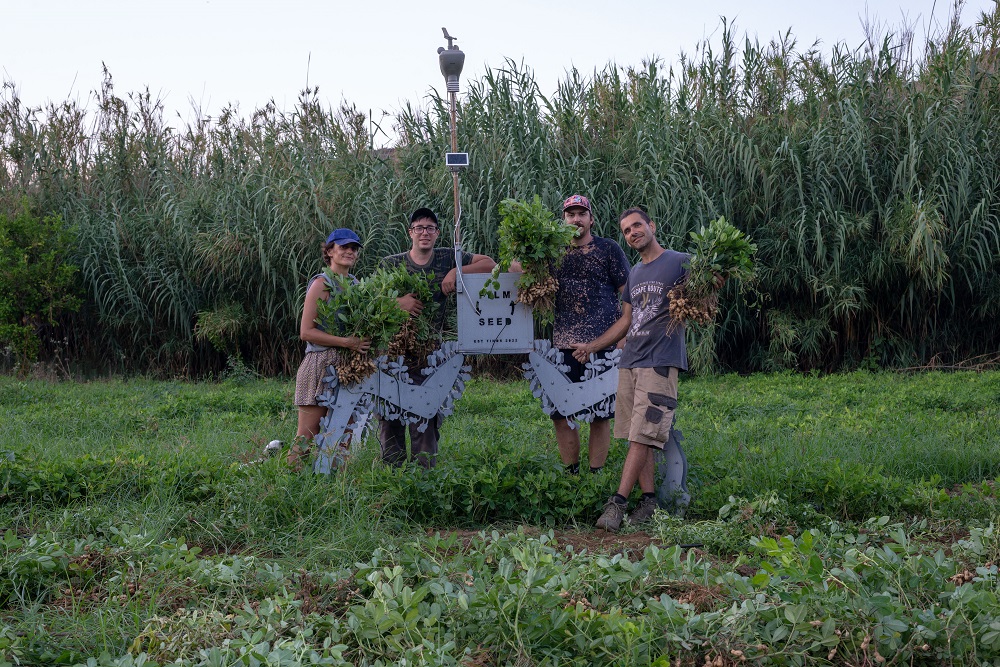
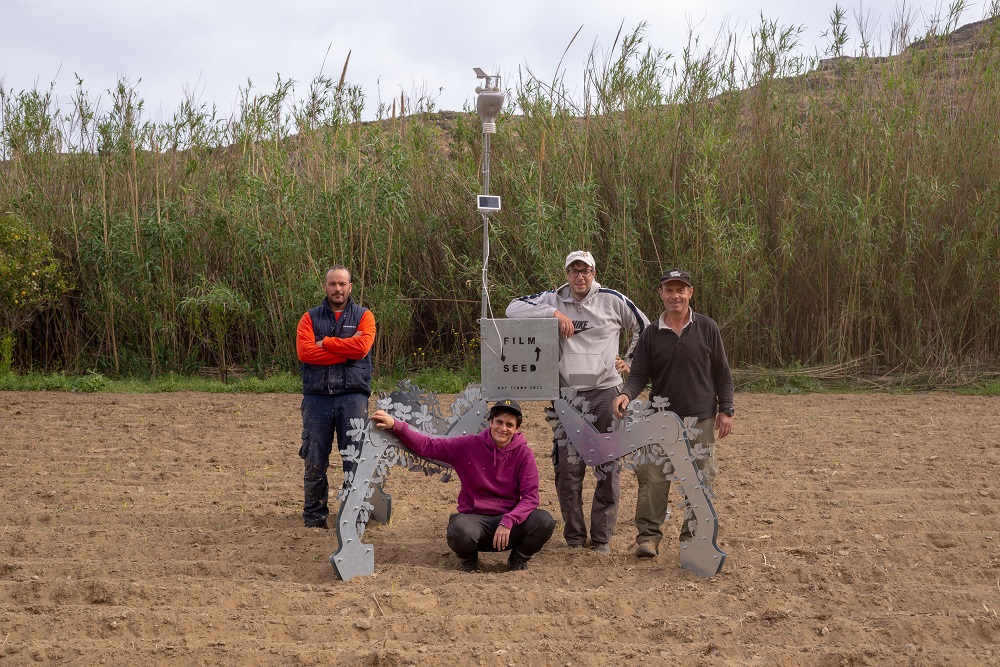
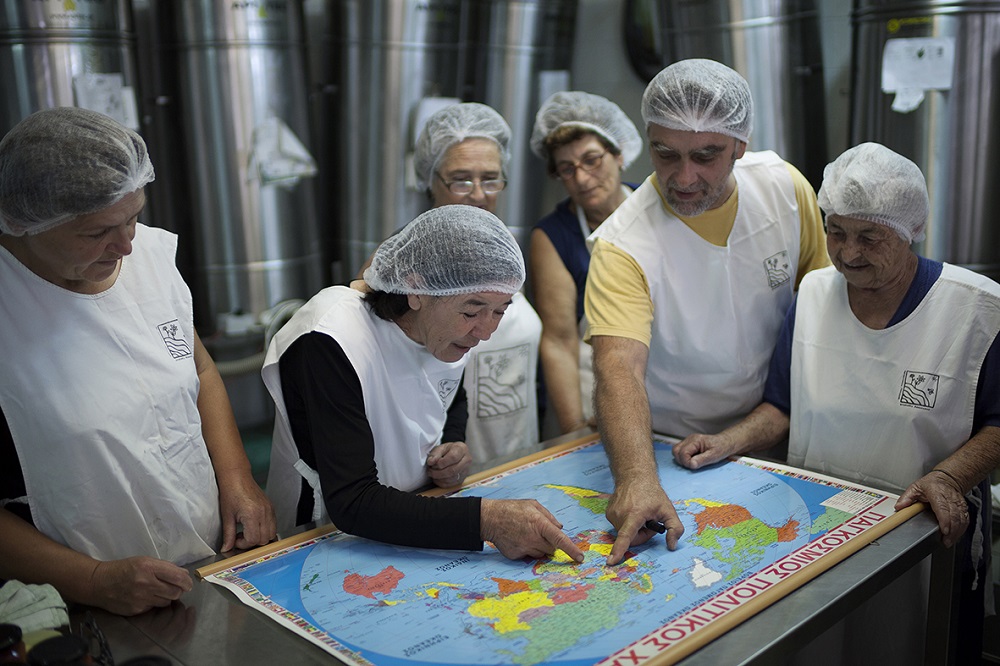
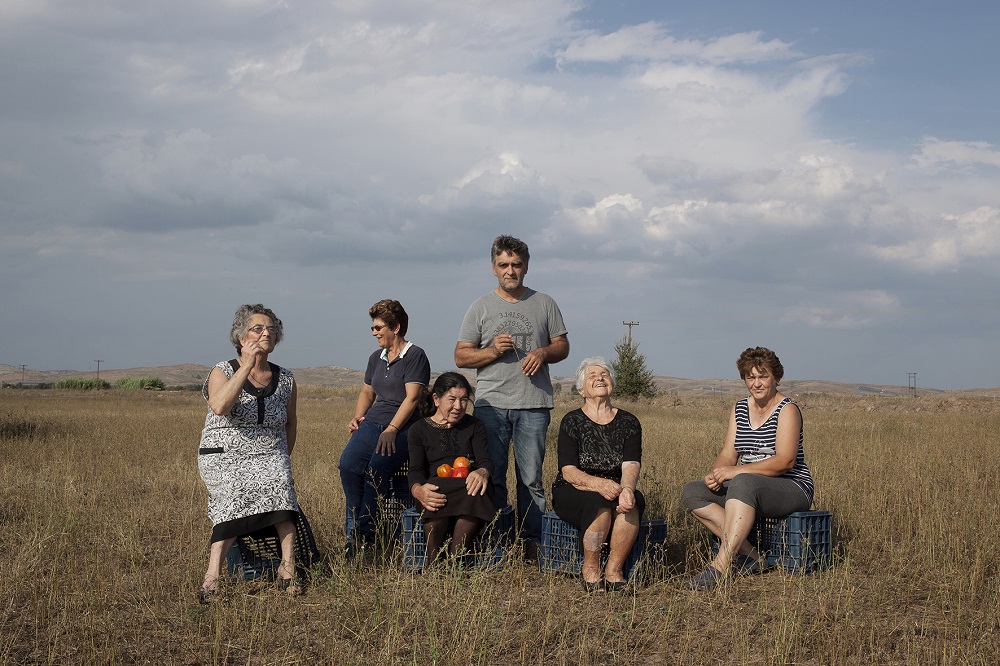
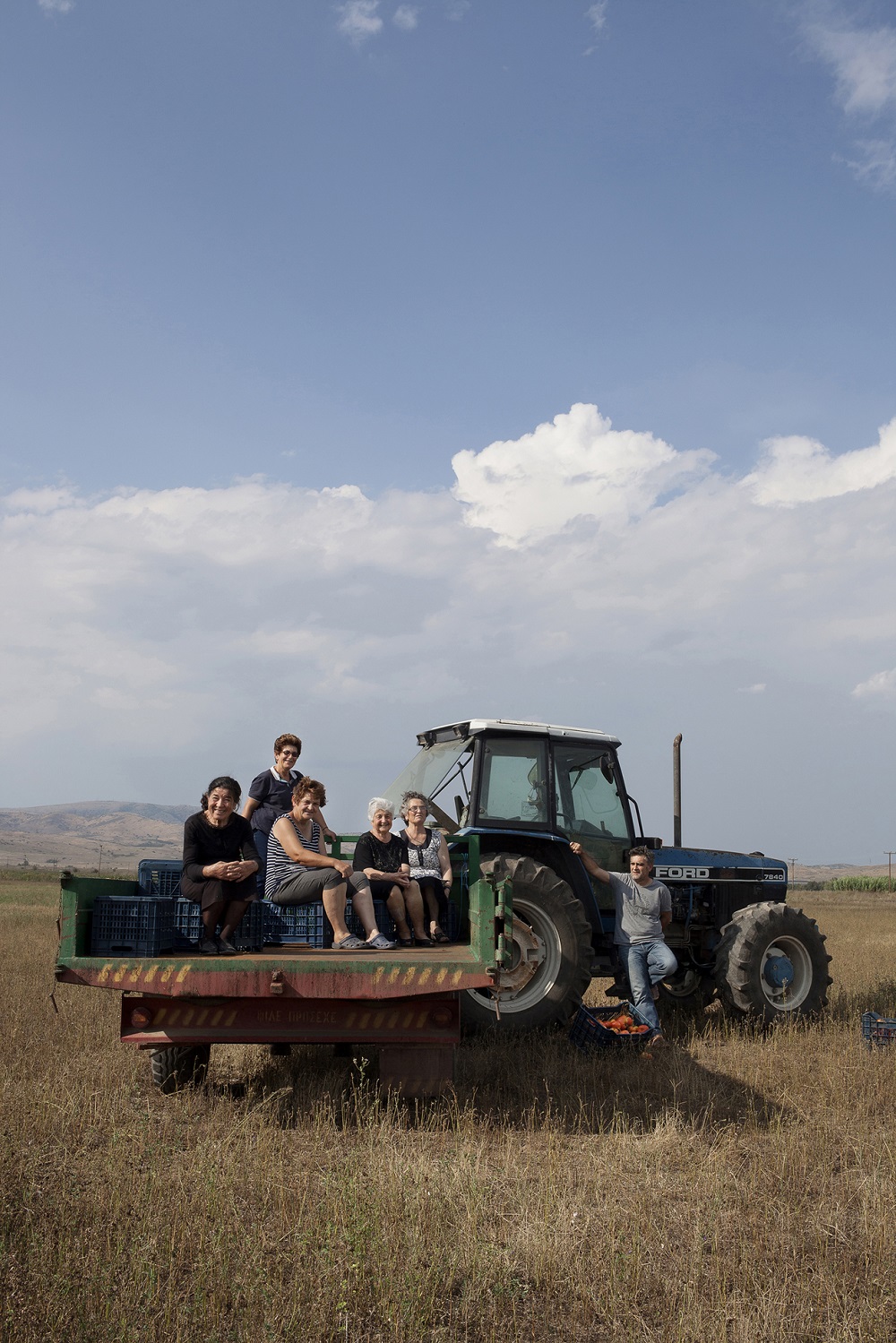
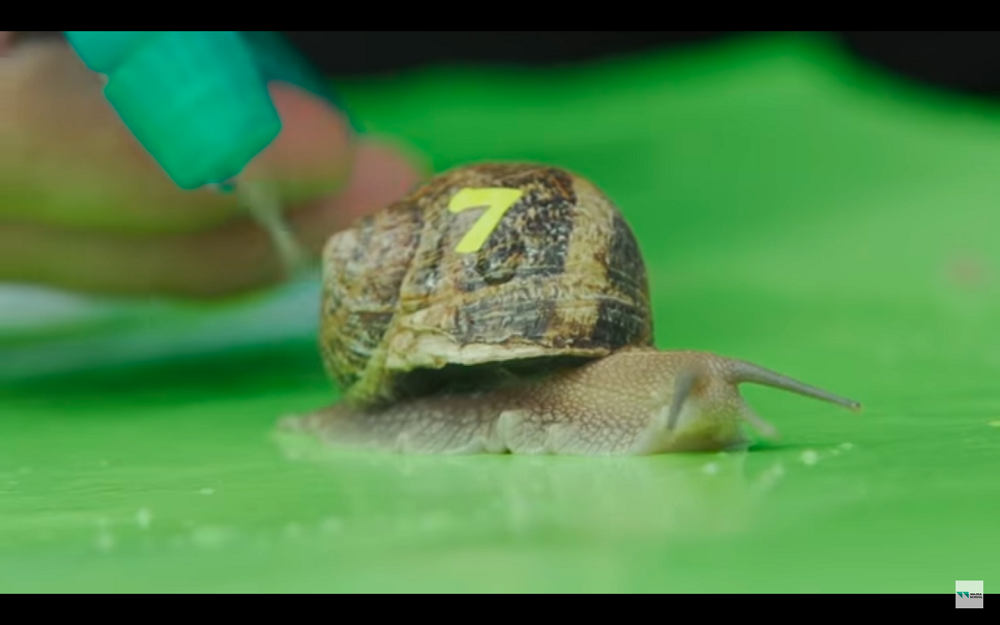
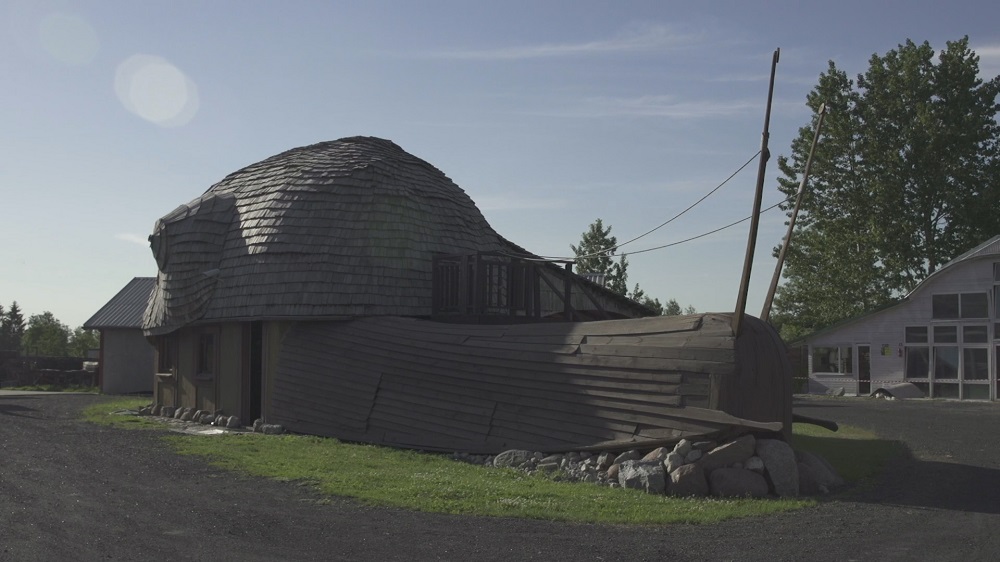
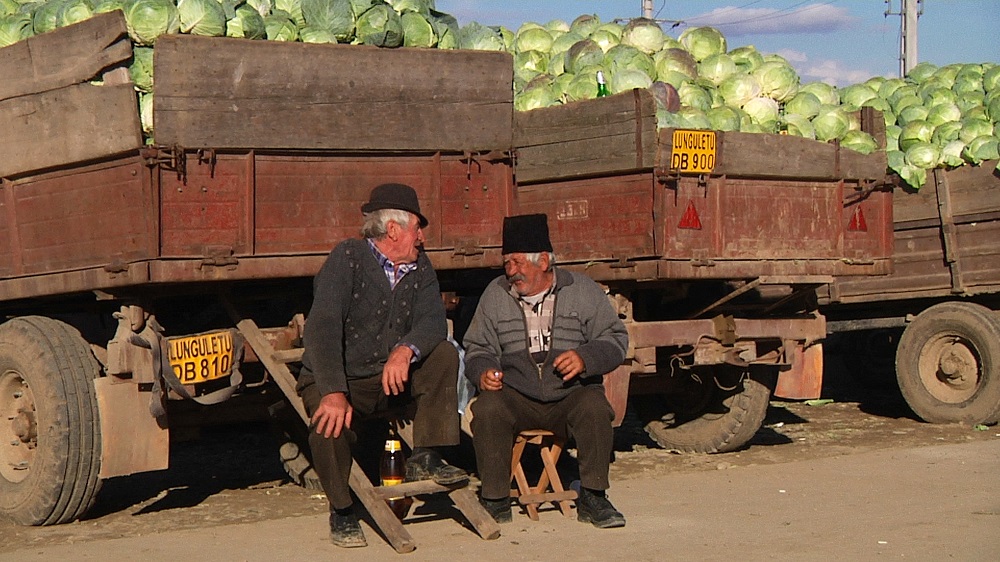
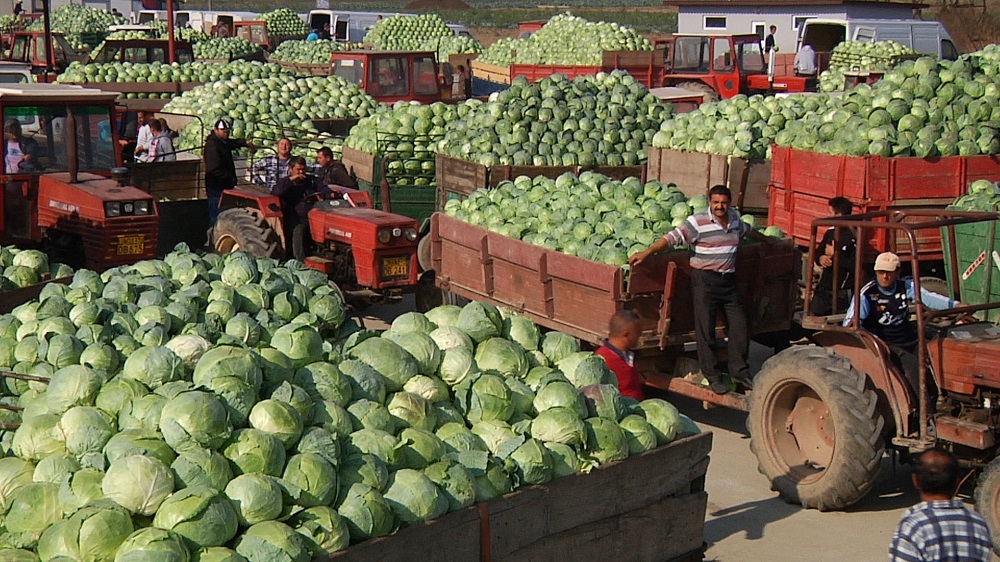
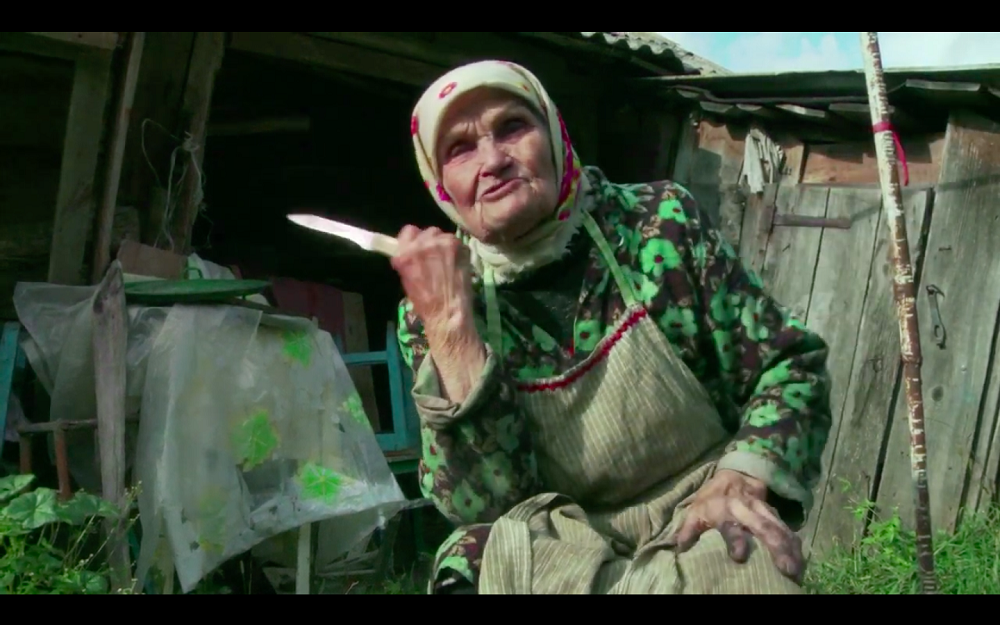
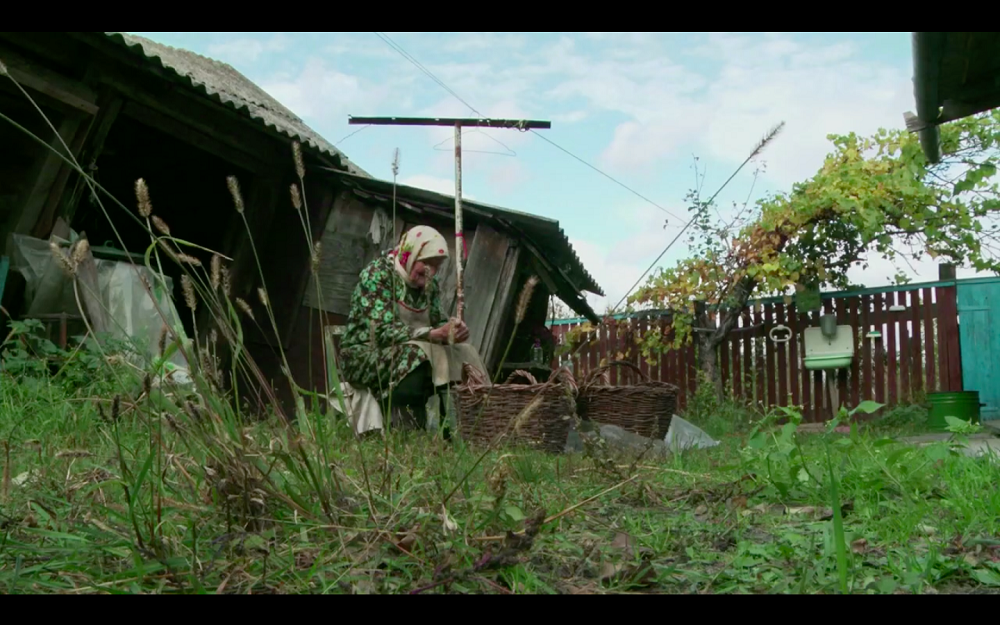
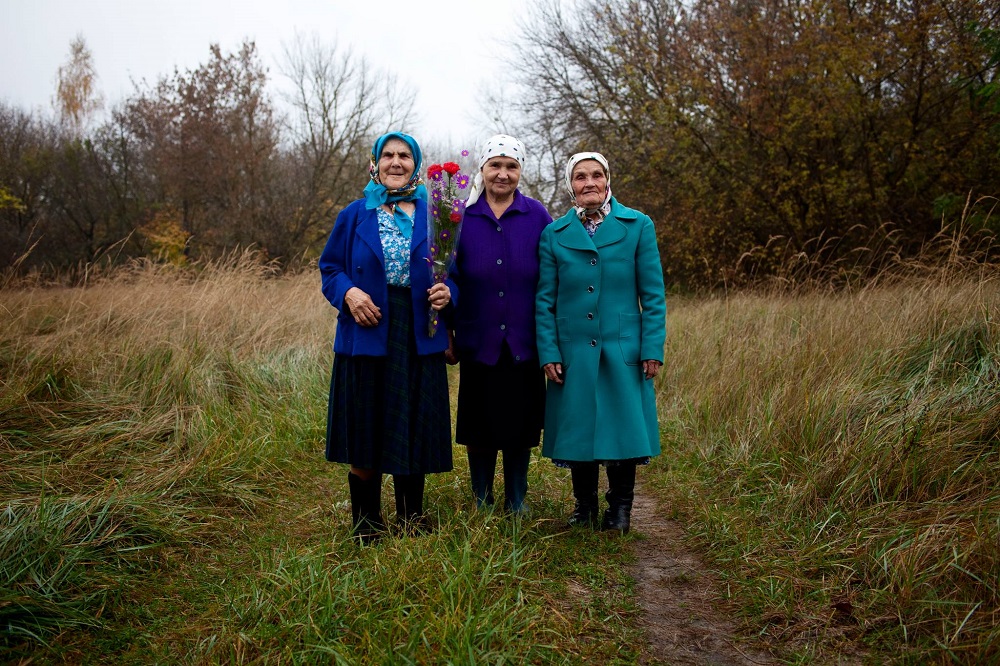
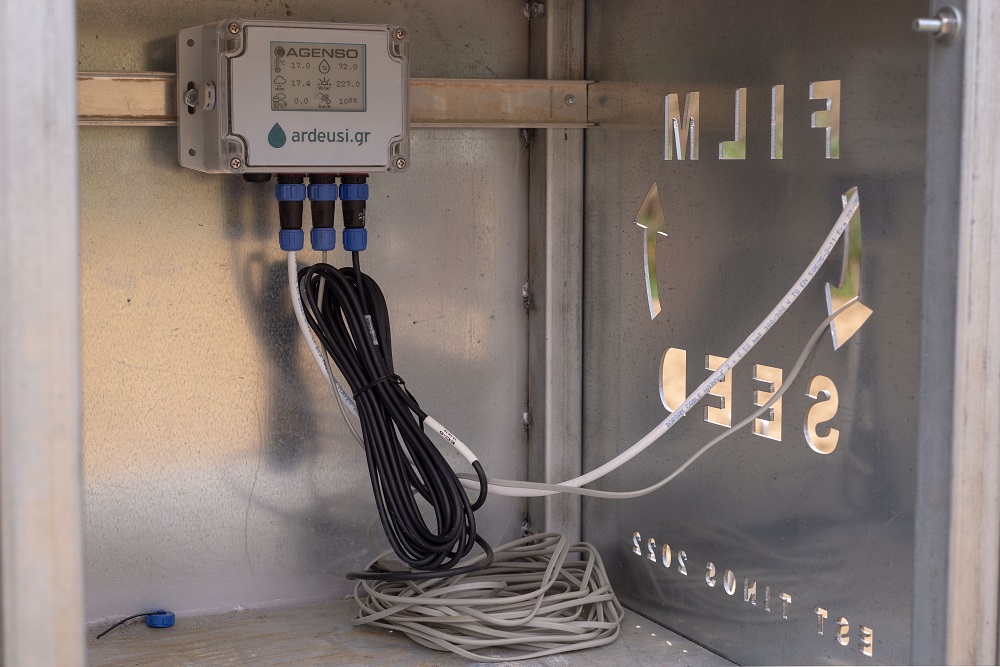
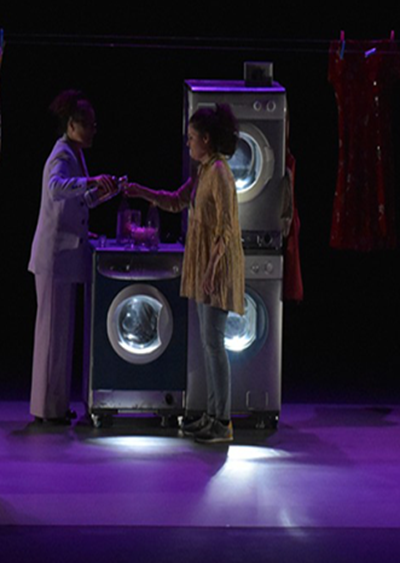

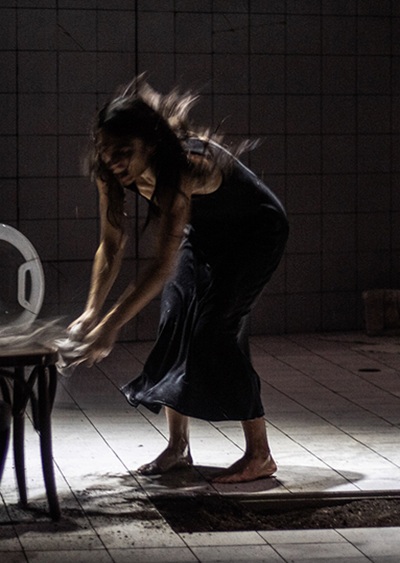
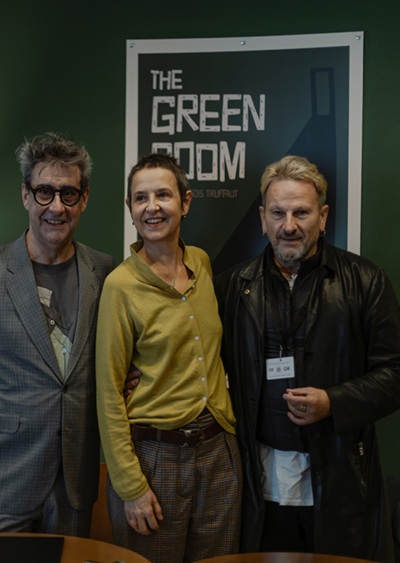


Leave A Comment